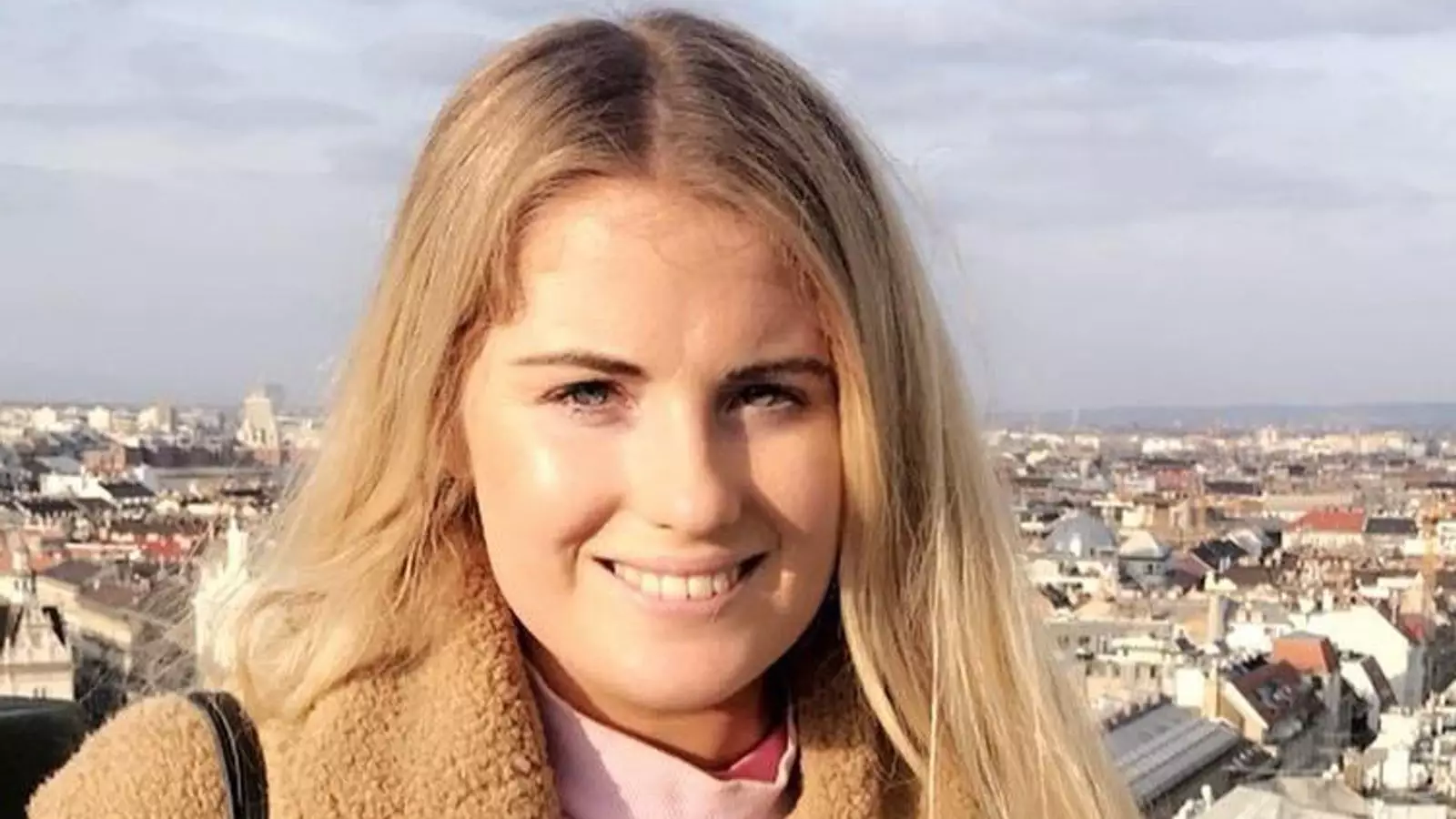Vang Vieng, a scenic town in Laos, is known for its intoxicating beauty and vibrant nightlife, attracting backpackers and adventure seekers from all corners of the globe. However, beneath its picturesque facade lies a darker reality—a recent series of tragic deaths linked to suspected methanol poisoning has highlighted the grave dangers that can lurk in the shadows of local establishments. The death of British tourist Simone White, alongside other victims, serves as a stark reminder of the risks intertwined with the allure of cheap drinks and carefree living.
The fatalities reported are not isolated incidents but are indicative of a wider issue. Methanol, an industrial alcohol, is sometimes used in the production of counterfeit spirits due to its low cost. Unfortunately, when ingested, methanol can lead to severe health consequences, including organ failure and death. It is particularly perilous because its taste is often indistinguishable from ethanol, the type of alcohol typically consumed in beverages. The tragedy that befell Ms. White, a 28-year-old lawyer from the UK, and the Australian teenager Bianca Jones, who was only 19, has sparked concerns about the safety regulations surrounding alcoholic beverages in popular tourist destinations.
The response from officials in the UK, Australia, and the US demonstrates the international implications of this tragedy. The UK’s Foreign, Commonwealth and Development Office (FCDO) publicly extended its condolences to the families affected and offered assistance to those still hospitalized. Such statements underscore the urgency of addressing tourist safety, especially concerning establishments that prioritize profit over health. A friend of Ms. White took to social media to caution others against consuming local spirits, reflecting the community’s rising awareness and concern.
Prime Minister Anthony Albanese of Australia echoed the sentiment that no parent should have to endure the loss of a child under such harrowing circumstances. The collective grief shared by families across borders highlights that these tragedies emanate from a shared humanity—a plea for awareness and better safety standards in the hospitality industry.
The individual stories behind the statistics paint a more profound picture of the emotional weight carried by those affected. Ms. White was more than just a tourist; she was a dedicated professional carving out a career in intellectual property law. Similarly, Bianca Jones’s family expressed their immense sorrow, celebrating her spirited life while grappling with the recent loss. These narratives serve as poignant reminders of the vibrant lives cut short, not merely statistics in a news cycle but real individuals with futures abruptly halted.
As the families mourn and the local authorities scramble to investigate the origins of the methanol-laced drinks, the incidents have ignited conversations about the need for stricter regulations surrounding alcohol production and distribution. With countless travelers flocking to such venues, the urgency for action cannot be overstated.
The unfortunate events occurring in Vang Vieng underscore a critical lesson: travelers must exercise caution and conduct thorough research when consuming local beverages. Whether it’s checking reviews or seeking recommendations from seasoned travelers, knowledge can serve as a preventive measure against potential dangers. Moreover, it is incumbent upon local governments and bar owners to ensure that alcohol sold to tourists meets safety standards, preventing future tragedies from transpiring.
The recent deaths in Vang Vieng illustrate a harsh truth about the duality of travel—while adventure beckons, inherent risks prevail. As the world mourns the loss of these young lives, there is an opportunity to advocate for change, ensuring that international travelers can safely explore the beauty of the world without the fear of falling victim to its hidden perils.



Leave a Reply